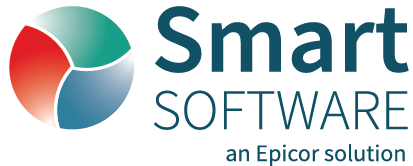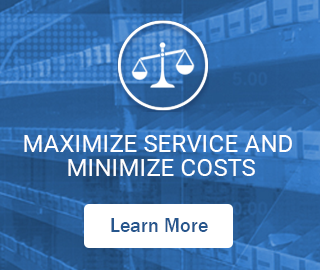Chemical Manufacturer, Bedoukian Research, Uses SmartForecasts to Transform its Supply Chain Planning
Bedoukian Research, Inc., located in Danbury, Connecticut, is a specialized process manufacturer producing high quality ingredients used in flavors and fragrances for customers worldwide. Bedoukian makes 350 specialty chemicals, in small batches, from 2000 raw...
Driving Better Auto Aftermarket Parts Distribution at Prevost Car with Smart Software
Prevost needed inventories at its warehouses to more accurately reflect demand at those locations, and required more accurate forecasting inputs to its production planning processes.
Smart IP&O, a Digital Supply Chain Platform
Smart Inventory Optimization

Optimal Inventory Levels
Reduce excess stock
Improve service levels
Minimize buyer transactions
Maximize return on assets

Organizational Consensus
Balance service levels
Identify stockout risk
Identify overstocks
No finger-pointing

Operational Connectivity
Align process with strategic objectives
Empower team to “make it so”
Optimize as conditions change
Pass results to ERP
Who is Inventory Optimization for?
Smart Inventory Optimization is for executives and business savvy planners who seek to:
- Yield maximum returns from inventory assets.
- Address the problem of highly variable or intermittent demand.
- Broker the service vs. cost tradeoffs between different departments.
- Develop a repeatable and efficient inventory planning process.
- Empower the team to ensure operational plan is aligned with strategic plan.
What questions can Inventory Optimization answer?
- What is the best service level achievable with the inventory budget?
- What service levels will yield the maximum return?
- If lead times increased, what would it cost to maintain service?
- If I reduce inventory, what will the impact on service be?
- If order quantity increases, what will the impact on service and costs be?
- What is the order quantity that balances holding and ordering costs?
Inventory forecasting for the inventory executive
Smart Inventory Optimization empowers you to:
- Predict service performance and inventory costs.
- Assess business impact of “what-if” inventory policies.
- Align inventory policy with corporate strategy.
- Establish an operational framework that guides the planning team.
- Reduce inventory and improve service.















